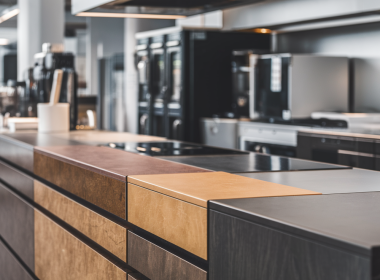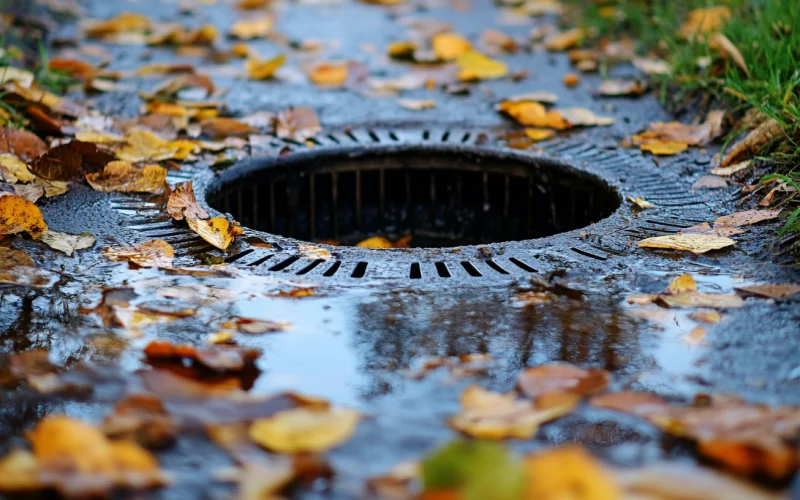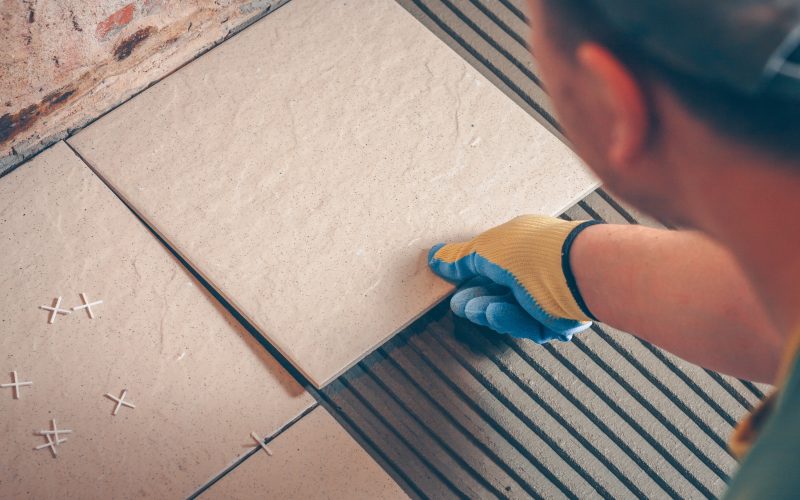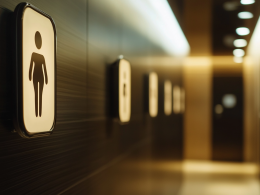Clogged drains can be really stressful, causing slow water drainage, unpleasant odors, and even potential flooding. That is why maintaining a clean and functional drainage system is crucial for any household or business.
Routine professional drain cleaning service and timely repairs can prevent small issues from escalating into costly disasters. Understanding the causes of blockages and implementing preventative drain cleaning measures can save you time, money, and hassle.
Common Causes of Drain Blockages
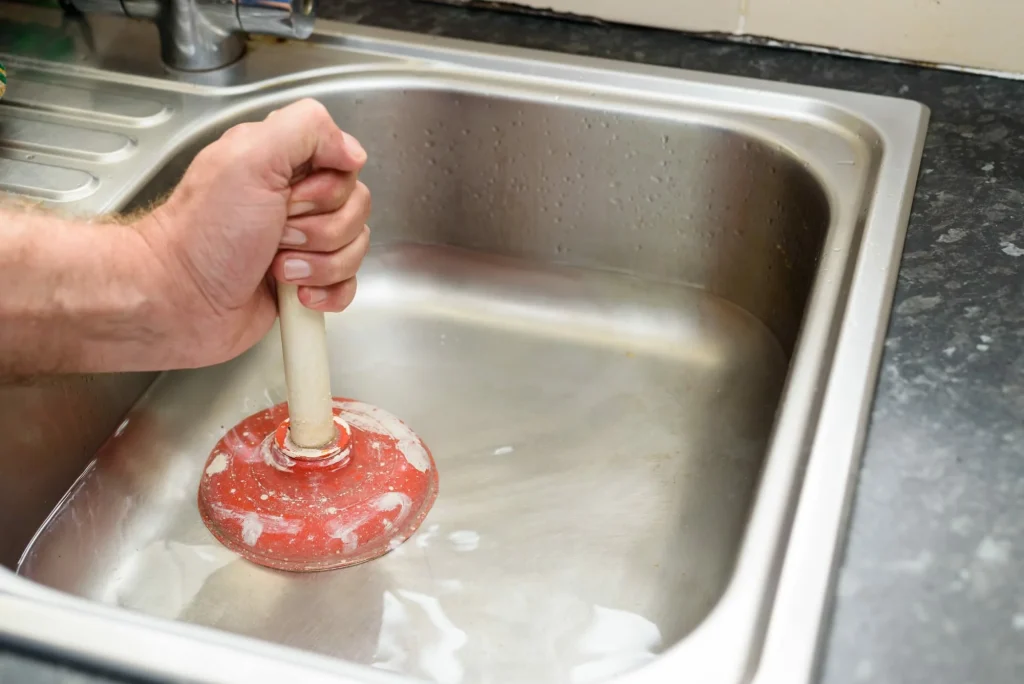
To effectively clean and maintain your drains, it’s important to understand the common causes of blockages. Here are some of the usual culprits:
- Hair: Hair can accumulate in bathroom drains, causing clogs.
- Grease and Fat: Kitchen drains can become blocked by grease and fat, which solidify over time.
- Food Particles: Leftover food particles can build up in kitchen drains, leading to blockages.
- Soap Scum: Soap residue can combine with minerals in water to form soap scum, which can clog drains.
- Foreign Objects: Toys, jewelry, and small household objects can accidentally fall into drains and cause blockages.
Tips for Effective Drain Cleaning and Repair
Regular cleaning can prevent most drain-related issues in your kitchen sinks, toilets, and bathrooms.
Here are some tips on how to keep your drains clean and functional:
Practice Regular Drain Maintenance
Proper maintenance is key to preventing major drain problems. These simple practices can help keep your drains in good condition:
- Hot Water Flush: Pour hot water down your drains once a week. This helps to dissolve grease, soap, and other debris that can accumulate over time.
- Use a Drain Strainer: Install strainers in your sinks and showers to catch hair, food particles, and other debris. Clean the strainers regularly.
- Avoid Pouring Grease: Grease and oil can solidify inside your pipes and cause blockages.
Use Natural Cleaning Solutions
Commercial drain cleaners can be harsh and potentially damaging to your home plumbing system. Try these natural solutions instead:
- Baking Soda and Vinegar: Pour half-cup of baking soda and half-cup of vinegar down the drain. Let it stay there for 15 minutes, then flush with hot water. This combination helps to break down organic materials and clear minor clogs.
- Salt and Hot Water: Mix half a cup of salt with hot water and pour the mixture down the drain. This can help to break down grease buildup and keep your drains flowing smoothly.
Use the Right Tools for Effective Drain Cleaning
Having the right tools can make a big difference when it comes to drain cleaning:
- Plunger: The plunger is one of the most basic yet effective tools for clearing minor clogs in sinks and toilets. Before plunging, make sure you have a good seal around the drain.
- Drain Snake: Also known as a plumber’s snake, this flexible tool can reach deep into pipes to break up clogs. Insert the plumber’s snake into your drain and rotate it to catch the blockage and remove it..
- Wire Hanger: If you don’t have a drain snake, a straightened wire hanger can be a good alternative. Create a small hook at one end to pull out hair and other debris from the drain.
Preventive Measures for Drain Maintenance
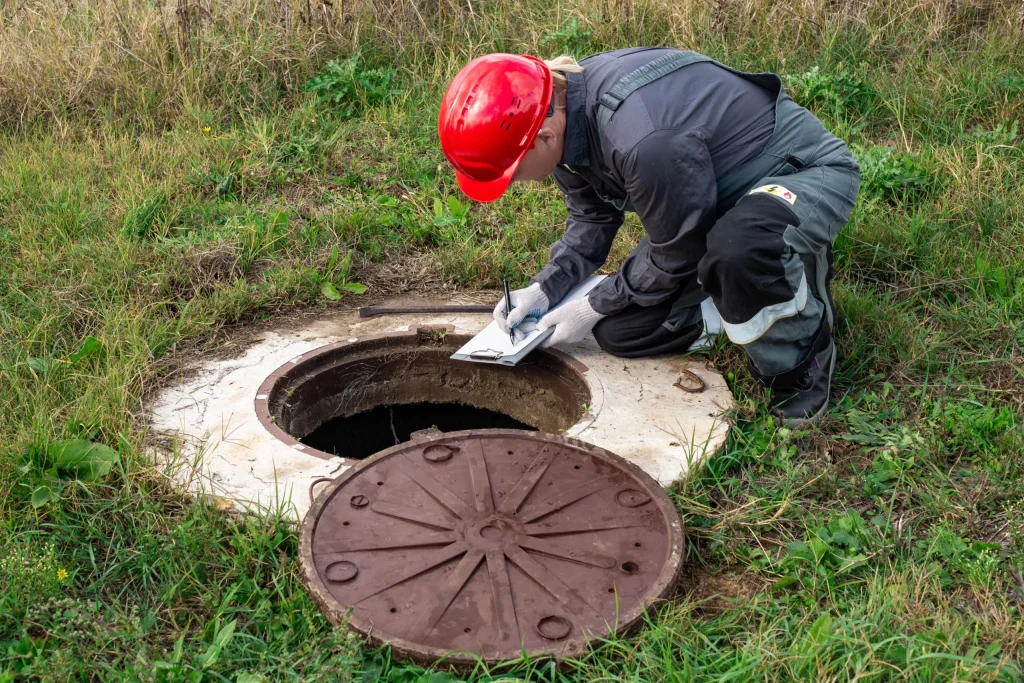
Preventing blockages is much easier than dealing with them. By taking a few simple steps, you can keep your drains clear and avoid major plumbing issues.
1. Use Drain Screens
Install drain screens or strainers in sinks and showers to catch hair, food particles, and other debris. These simple devices can prevent a lot of material from entering your plumbing system and causing clogs.
2. Dispose of Grease Properly
Don’t pour grease and fat down the drain. These substances can solidify and create blockages. Instead, put them in a container and dispose of them in the trash.
3. Be Mindful of What Goes Down Your Drain
Dispose of food scraps, coffee grounds, and other waste in the trash or compost, not the drain. This simple practice can prevent many common blockages.
4. Regular Maintenance
Perform regular maintenance on your drains, such as using enzyme cleaners monthly and checking for early signs of blockages. Enzyme cleaners break down organic material in your pipes, keeping them clear.
5. Anual Inspections
Schedule annual inspections with your local plumber to ensure your drainage system is in good condition. Experts can recognize and address potential issues before they become major problems.
When to Call a Professional Plumber
While many drain cleaning tasks can be handled by homeowners, certain situations require professional assistance, such as:
1. Persistent Clogs
If your drains constantly clog despite regular maintenance and cleaning efforts, there could be a deeper issue that requires expert inspection. Persistent clogs can indicate a more serious issue, such as tree roots growing into or damaging your pipes.
2. Foul Odors
Persistent unpleasant smells from your drains can indicate a buildup of waste or a more serious problem like a sewer line issue. A professional drain cleaner can diagnose and fix the problem, eliminating the odors.
3. Slow Drainage
Slow-draining water can be a sign of a significant blockage or pipe damage. Your local plumbing company can diagnose and fix the problem efficiently, restoring your drains to proper function.
4. Water Backups
Water backups into your sinks, tubs, or toilets is a sign of a major blockage. This issue requires immediate professional attention to prevent further damage and potential health hazards.
5. Recurring Issues
If clogs keep coming back, an experienced plumbing technician can identify and fix the underlying cause. Recurring clogs often indicate a deeper issue that needs to be addressed.
Schedule Your Drain Inspection Today
Regular maintenance and professional inspections ensure your drainage system remains efficient and trouble-free. So start implementing these preventive measures today to keep drains flowing freely and your plumbing in good shape. A little effort now will save you from a lot of headaches and expenses in the future.
Author Bio:
Janine Kyle is a content specialist at My Biz Niche, helping brands create informative and engaging content that resonates with their audiences. When she’s not crafting compelling content, you can find her curled up with a good book or planning her next travel adventure.
Meta Title: Preventative Tips for Effective Drain Cleaning and Repair
Meta Description: Tired of dealing with drain issues and blockages? Learn effective drain cleaning and maintenance strategies to help keep your drains flowing freely. Read now.



